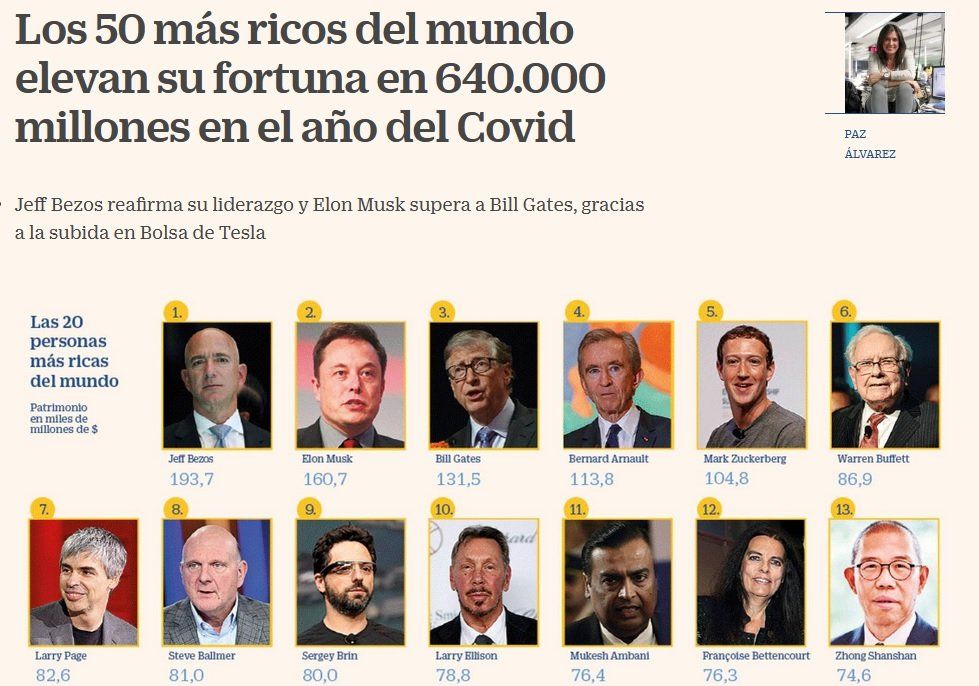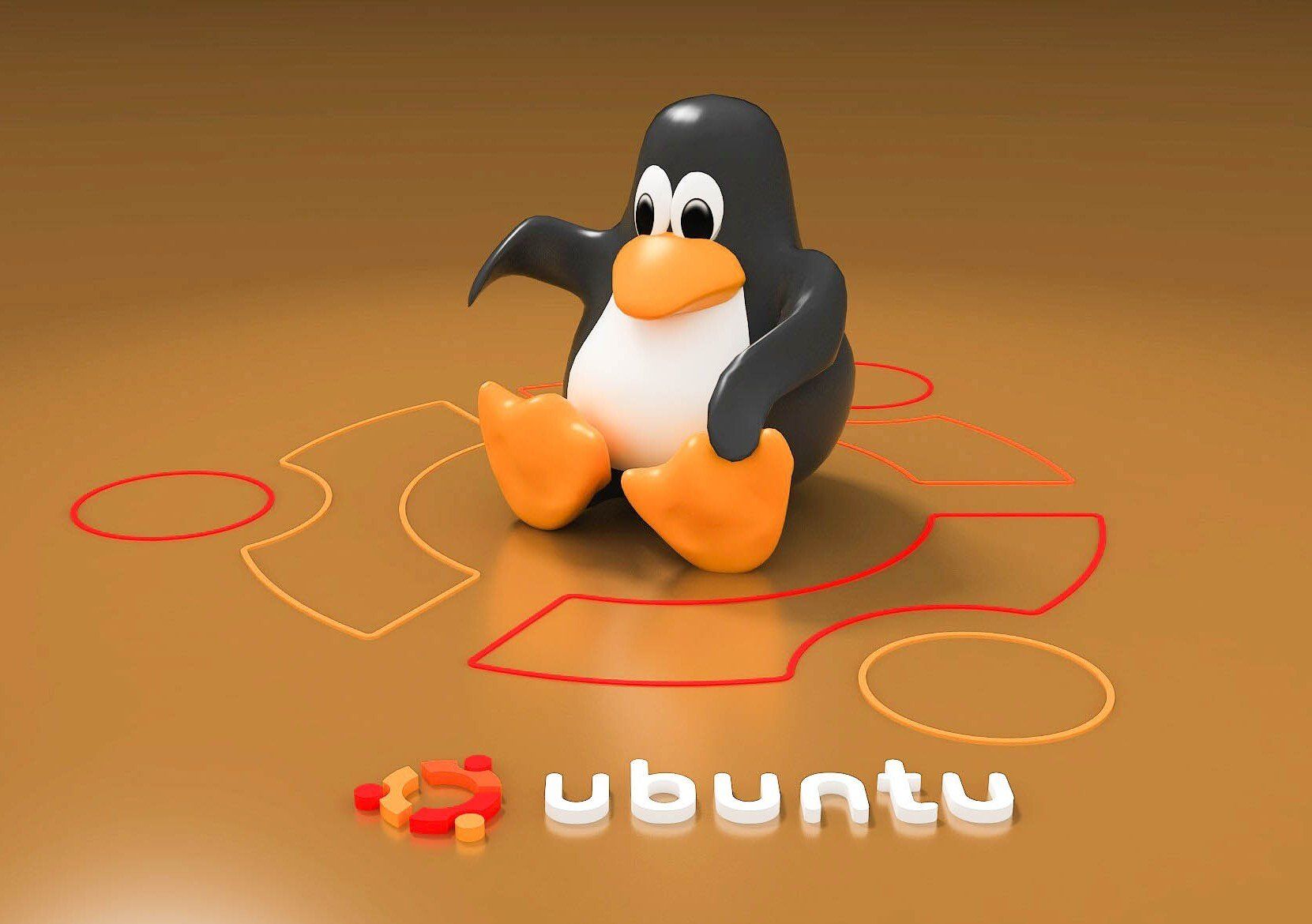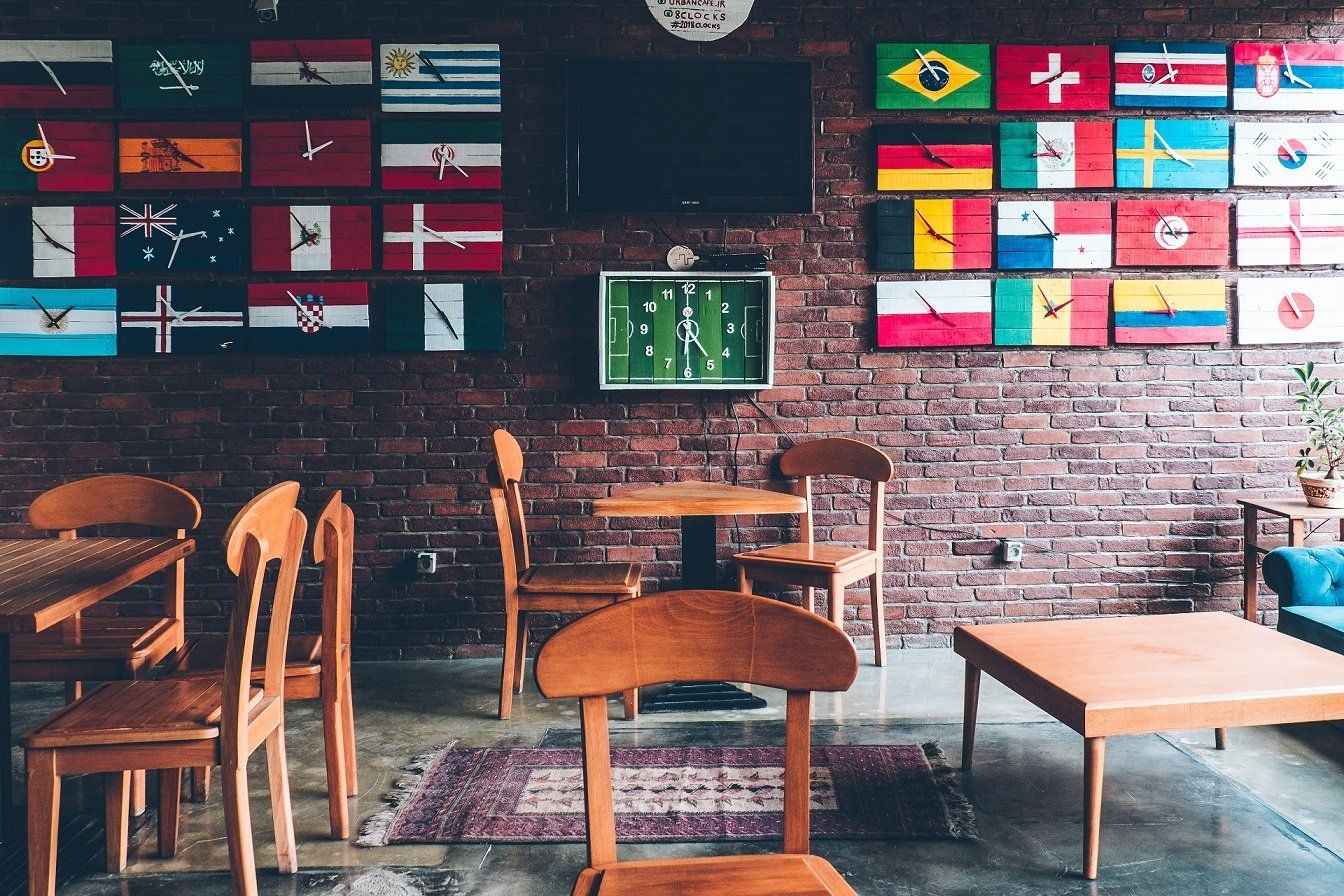We would like to deal with the subject of
Data Protection in this Post, it is something that is difficult for everyone to understand, including us, but we believe it is important to treat it from
a critical thinking point of view in the current context. For years we have seen that there are supposedly better Data Protection Laws, but the general situation of spam and advertising calls, as well as our ignorance about what is done with our personal data, continues to be the same or worse.
We are curious about the very name of the
Data Protection Law because it
suggests security about them, almost as if they were bunkerized.
However, it turns out
that we can make exceptions
and we can tell a company, I accept your conditions (about 23 or more pages that nobody reads) to the detriment of the security of my communications and I agree that my electronic device, for example, is a open book ready for you, for your use and economic exploitation.
This is strange, isn't it?
Drawing a
parallel, it would be as if an employer could skip the minimum wage law, if the worker agreed to sign that he or she agrees with the conditions ... would it seem reasonable? Obviously not,
so is our data really being protected correctly? The answer is again obvious, no, not at all. A law that protects our data would not allow companies to profit from and access our data for purposes that are unknown to us. This may seem a bit conspiracy to some, do you think?
I leave you the following video, very interesting, dated 2015 from the company Tedx Madrid,
so that you can see it and then we continue. (Select subtitles in your language)
2. The next meeting point between public administrations and technology companies should have been the Control of Personal Data y and the business of its Sale for various purposes. Thanks to this Digital Footprint that we are all creating and its advertising use by companies,
governments have regained power over user communication data,
just as it was when telephone companies were public, but
incredibly improved, since the capacity to collect data is much greater today.
It is true that
from time to time there are news that
a company is fined for, for example, not complying with the guidelines of a data protection law, or not complying with criteria of free competition or monopolistic attitudes, but of course, they are
always late, once our data has been used. They make the offending company pay a fine, which we do not know if that fine is high or low in relation to the use and benefit they have achieved.
And nothing is returned to us to the users who are the object of the misuse of our information or the object of monopolistic practices, so everything is finally between the company and the government. If it were ill-thought, it could say they collect their share of the loot, since
no one can assure us that it is not a payment for having previously turned a blind eye, and ultimately allow these abuses.
At this point is when I believe that this year
2021 should be
the year of our response as consumers, in defense of small businesses, the self-employed and ourselves as people, because there is an unequal struggle. As consumers we can choose with more accurate criteria what we consume, what we do not consume, and why. And this must be something that we should personally value, because
perhaps we are where we are, in part, because the "Monster" has been growing in recent years, we have been feeding it, without being aware that it was growing, and perhaps it will explode us a day in the face, or maybe it's already passing.
Very recently
voices have been heard stating that an electronic Euro is going to be forged within 5 years. This is
more of the same,
but worse, at the time that money is digital,
a person could be completely annulled from society arbitrarily, so it is also important to elucidate what changes reduce our rights, and if personally, as a consumer I can act in a way consistent with my desire for a free present and future for myself and for generations to come.
Returning to
the "Monster",
perhaps he started happy and grateful
to have some information,
later he wanted to have more information, from all possible and imaginable places (smartphones, tablets, digital television, video game consoles, free online video games, skateboards, vacuum cleaners , and even sex toys ...),
and we gave it to him, and now his voracity has increased and he worries about what we do when we are not connected, and for that there is nothing better than locking people in their homes and consuming more and more through your different electronic devices feeding that fingerprint.
If we
change this inertia to which they lead us,
surely we can modify or
help achieve that
our data,
fundamental rights and freedom of expression begin to be respected. It is
in our power and it should be done individually, and also require whoever corresponds,
to protect
our data
not only individual but collective
so that it is not marketed with them, or used for purposes that we do not know.
It is also curious how they have just lowered the limit of cash payments from € 2,500 to € 1,000 in Spain. As you can see, it is also legislating against cash payments, which enhances electronic commerce. They will
surely continue to lower this limit if we do nothing. Regarding this, and knowing who benefits from an electronic payment, we
as consumers and users can try to promote the habit of making cash payments (within the limits set by law, of course), in this way we will make the seller have most of your benefit and prolong the use of cash, since even with exceptions, no one is disgusted with cash ...
ultimately we can always not use or use less, businesses or services that do not support payment in cash, or empower those who do.
On the other hand,
on a personal level, we can also make use of our right as consumers in other areas: we can choose not to always have the mobile data connected, or install a landline and not use the mobile at home.
Is it really that important everything that reaches our mobiles? This hyperconnectivity is very addictive, but if you analyze it
90% of the things you use it for, it is
dispensable recreational nonsense, and 10% really interesting and constructive matters. If someone wants to contact me, they can send me a message, if I don't answer they will call me on my mobile, and if I have it turned off, they will call me on the landline. And if you don't want to pay for a call, it really won't matter what you're contacting about.
We believe that it is a good
habit to have your hours of disconnection, turn off the mobile, if possible, at night, or at least the data. And we not only refer only to the night but to have moments again in which a new message or incoming mail does not interrupt us. Nowadays if you look at it,
with the arrival of smartphones, our reading, understanding and analysis dynamics have changed, everything goes faster, the news follows one after another and we consume many little things with very little content, and this is leading to
an inertia that must be admitted,
hooks. Nobody talks about addiction to smartphones and screens but it is evident that it exists and that it is currently the majority in society.
This non-stop news and messages from social networks, groups and Messenger channels, etc. it is
accustoming our brains to having an almost continuous download of
very small information of fast use, and on and on, there is
no time for reflection, or
for more dense content. This has us very entertaining but it
may be affecting our discernment and our ability to see things from a wide and clear perspective, as well as making us addicted to your consumer product. In fact, one would have to wonder now that we have more hindsight,
why Silicon Valley Technologists do not want their own children not to use the devices they sell to us, as it appears in this
article in The New York Times dated October 2018 .









